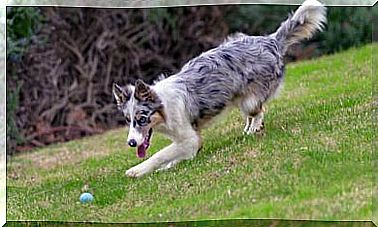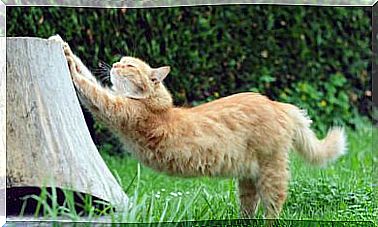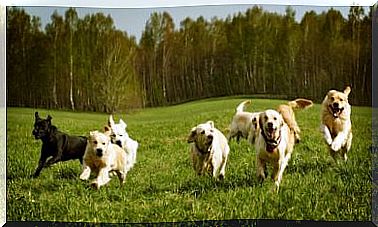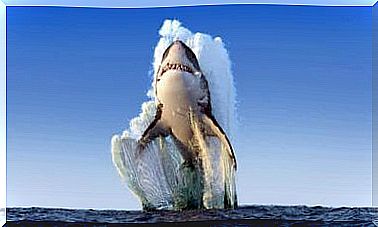The Origin Of Species (Darwin)

The theory of evolution was born the day Charles published his work The Origin of Species, the cornerstone of the origin of man and other species. This work would soon become the most important of the century, causing such a stir that it divided the specialists of the time.
Today, 160 years later, the theory that Darwin presented in his book remains the basis for interpreting the nature of modern biology. It has already been proven with a multitude of evidence, but, in its time, it caused such an ideological shock that it received criticism from several sectors, since it totally discarded all the knowledge that existed until then about the existence of man and other species .
Social problems caused by the book The Origin of Species
Such reflections caused perplexity in society at the time and led people to have doubts about already established themes, such as religion, genetics or our kinship with other species, such as primates.

The followers and critics of Charles Darwin’s theory of evolution caused a split in society, but the evidence and the way he explained each of his studies was so convincing that he gradually gained more followers. Among the most important conflicts he had to deal with are:
The religion
This theory questioned everything religion had been preaching for thousands of years, so it wasn’t long before people came up to accuse Darwin of conspiring against religious beliefs.
In the book The Origin of Species, Darwin explains how species were adapting to their environment through natural selection, always from a common ancestor. This proposal went against the ideology that a breeder would have made all species independently, leading to a very serious confrontation with the church, which at that time had a lot of power.
Not quoting a creator in his book caused Darwin many problems, and a few months later he produced a second edition claiming that his book did not offend religious beliefs. He relied on the words of the famous theologian of the time, Charles Kingsley, who claimed that it was equally noble to believe that the Godhead would have created a series of primitive creatures capable of transforming themselves into other forms.
The genetic inheritance
Another important point that the book The Origin of Species addresses is that the evolution of species occurs very gradually and not in big leaps. The beneficial genetic variations of some individuals made it easier for them to reproduce, just as negative modifications did just the opposite.
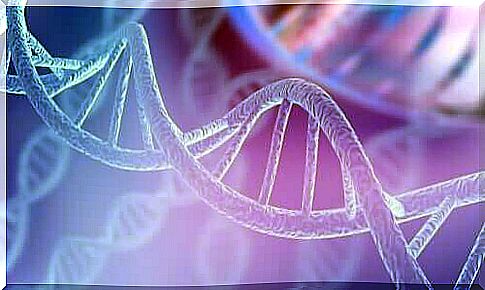
Very slowly, this caused the individuals best adapted to the environment to prevail over the less adapted. Darwin defended the slight and frequent variations and dismissed the impact of the most striking and rare genetic alterations.
Natural selection
Many of the changes Darwin made in later editions of the book were because of debates and questions that George Jackson Mivart, another researcher at the time, brought to light on Darwin’s theory of natural selection.
Mivart claimed that such a slow evolution made no sense and gave as an example the wings of birds and insects. To reach a development that allowed the act of flying, it was necessary to go through many other levels of development that would only be a nuisance for the animal and, therefore, it would be harmed and would not have genetic success.
Given this statement, Darwin proposed that, at first, these wings would be nothing more than structures responsible for the body’s thermoregulation and which would have given rise to the first acts of flight.
To this day, Darwin’s theory overlaps with Mivart’s theory and is the basis of all naturalistic study. In short, it’s a book that can’t be missing from any lover of animals and the evolution of species.
